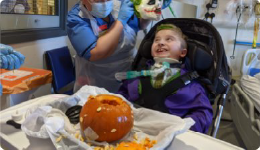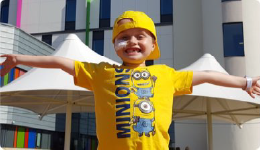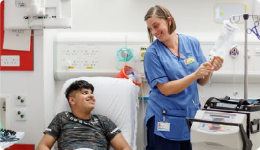- What is the best type of diet for somebody with Crohns disease?
- What are the mental health issues caused by chronic illness in children?
- Does a new injected medicine work better than current medicines for severe asthma?
These are all questions that could be answered by doing a research study, also called clinical research.











